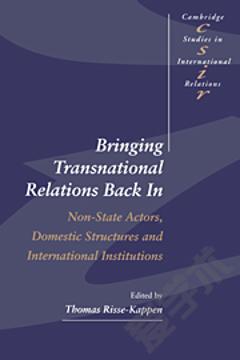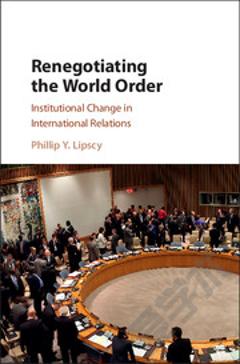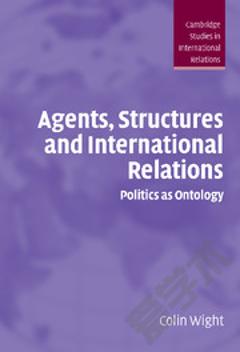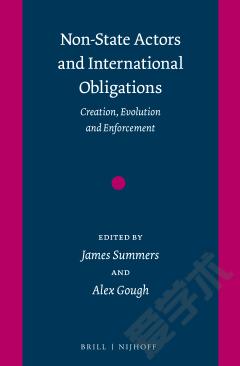Bringing Transnational Relations Back In: Non-State Actors, Domestic Structures and International Institutions
Taking a fresh look at the impact of non-state actors on world politics and on the foreign policies of states, this book revives the debate on transnational relations which started in the 1970s. This debate withered away in the face of state-centered approaches, but this book's new approach emphasizes the interaction of states and transnational actors, arguing that domestic structures of the state as well as international institutions mediate the policy influence of transnational actors. Empirical chapters examine the European Economic and Monetary Union, US-Japanese transnational relations, multinational corporations in East Asia, Soviet and Russian security policy, democratization in Eastern Europe, and ivory management in Africa. The book concludes with chapters discussing the theoretical implications of the findings in the empirical studies.
{{comment.content}}








 京公网安备 11010802027623号
京公网安备 11010802027623号